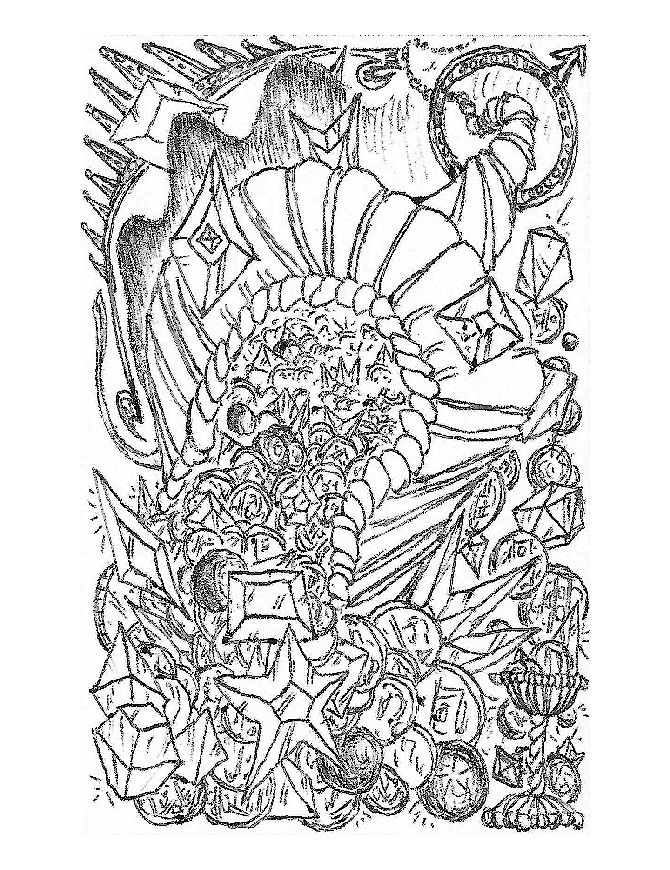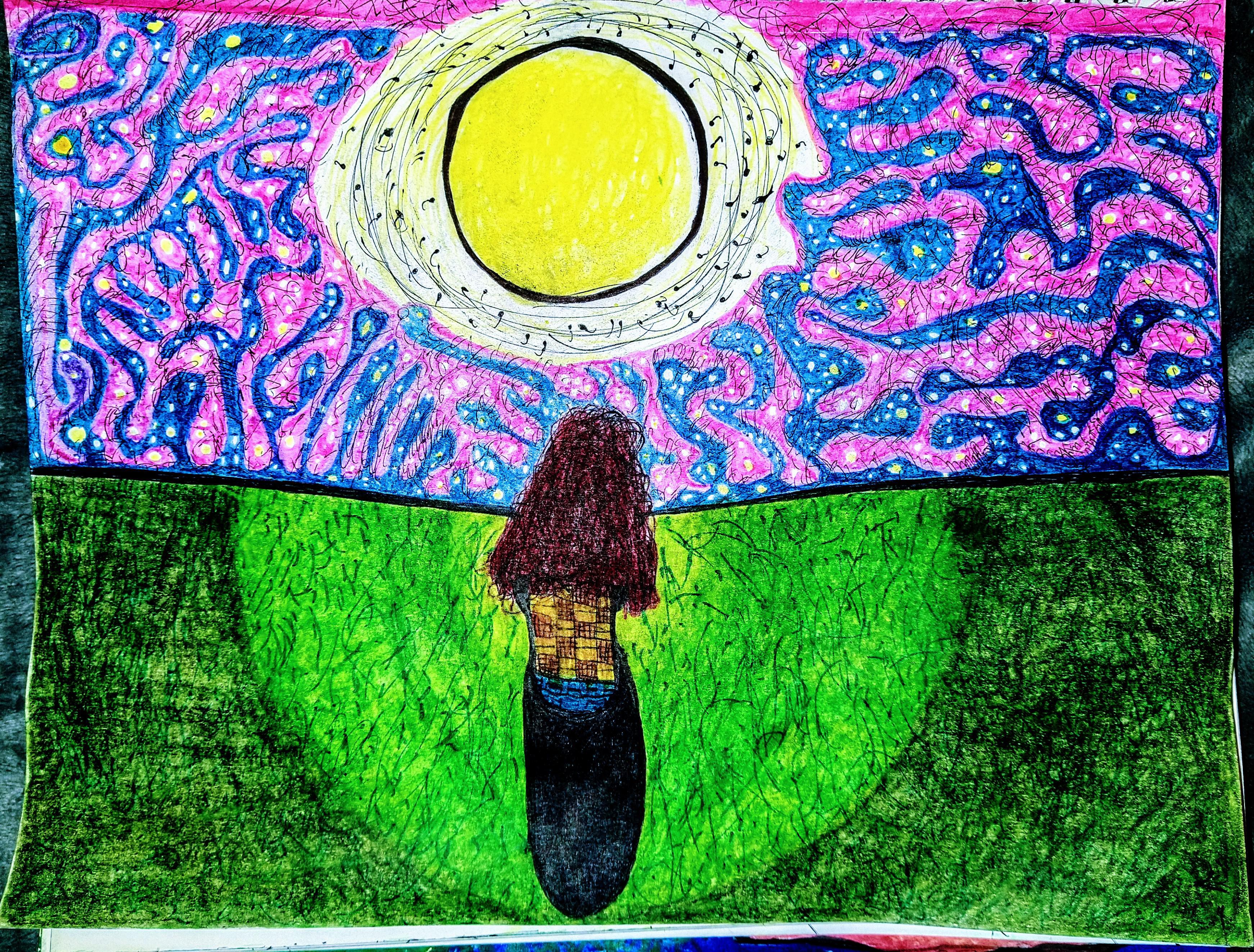Watch
Events
Articles
Market
More
For there are many who are insubordinate, empty talkers and deceivers, especially those of the circumcision party.
Titus 1:10
Throughout his career, Paul battled a group of Jewish believers who taught that new converts must be circumcised and undergo ritual conversion to Judaism in order to be saved. Unfortunately, those people are still around today in every Christian and Jewish denomination, even if the specific man-made rules they preach have changed.



On this date in history, 09/04/1776: Richard Henry Lee, Elbridge Gerry, and Oliver Wilcott sign the Declaration of Independence. #otd #tdih #americanrevolution



Live at 10:00 AM Daylight Savings time, Insights From Psalm 119. Listen where you get your favorite podcasts, use the player on our homepage or here https://www.spreaker.com/show/....give-god-90-episode- With a free account you can join the chat or leave a message, please consider liking and sharing these podcasts.




I recently listened to a speech about how there are many today that are starting to walk in the Father's commands and that they are putting too much focus on those commands. The speaker even went on to say how those same people have too much focus on the Scriptures. That these people need to focus more on loving others...
So, how do we love others though? Is love something we define? Is it just a feeling? Is it actions that society or our church/congregations get to define? Let's look at what Yeshua said on the matter:
Matthew 22:36-40 KJV
36 Master, which is the great commandment in the law?
37 Jesus said unto him, Thou shalt love the Lord thy God with all thy heart, and with all thy soul, and with all thy mind.
38 This is the first and great commandment.
39 And the second is like unto it, Thou shalt love thy neighbour as thyself.
40 On these two commandments hang all the law and the prophets.
The two greatest commandments are about loving and ALL the other commandments hang from those. In the context we have here, wouldn't something hanging from something else imply it is part of it? In other words, to love God and love your neighbor is to do the Law and the Prophets? When we look at the commands in the Law we can easily put each of them in one of these two categories. If we aren't in the Scriptures to know what to do, how can we ever hope to love correctly? Those of us coming into this walk are usually looking for something more, something tangible. We aren't looking for the touchy-feely messages that may sound good but actually don't have any substance. We are looking for what we can do to be better people. How can we be more like our Messiah? How can we do what He did?
Just telling someone "go love someone" isn't as clear as some think it is. We live in a world that is trying to redefine what love is every day, and we have seen from history how what the world does creeps into the church. We need to get back to Scripture and let it define things for us. I would caution anyone to reconsider listening to someone telling you that you are in Scripture too much. If their point is that you are hearing but not doing, that's one thing. But, to just say you are in it too much, that's a red flag to me.
https://thestraightandnarrow.cfw.me/comics/674
#bible #bibleverse #bibleverseimages #biblestudy #biblestudynotes #church #christian #webcomic #webcomicseries #cartoon



GRIEF AND MOURNING
A healing prayer to use in a time of personal loss.
References:
2 Corinthians 1:3-4 --- Isaiah 61:1 --- Matthew 5:4 --- Psalm 119:50 --- Psalm 23:1, 4 --- Hebrews 4:15-16 --- Isaiah 41:10 --- Isaiah 61:3 --- Isaiah 51:11 --- Psalm 30:11 --- Nehemiah 8:10 --- John 15:16
Healing Promise:
“Blessed are they that mourn; for they shall be comforted.” (Matthew 5:4)
Healing Prayer:
Heavenly Abba, I know You are the Abba of mercies and the YHVH of all comfort. I ask You to bring comfort to me during this time of grief and mourning in my life. Thank You for Your promise to bind up my broken heart and to bring comfort to me as I mourn. I believe Your Word and I receive Your comfort as I pray, because I know Your Word brings life and comfort to me. When I walk through the valley of the shadow of the death, I will fear no evil because I know You my Adonai and my YHVH, is with me. Your Shepherd’s rod and staff bring comfort to me. Thank You Abba, for being my Shepherd. I know that Yeshua is my High Priest and He is touched with the feelings of my grief and mourning. Realizing this Abba, I come boldly unto Your throne of grace, fully believing it is there that I will receive Your mercy and find Your grace to help me in my time of need. The promises of Your Word help me to know Abba, that I have no reason to fear or despair, because I know You are with me. You are my YHVH. You are strengthening me and upholding me with the right hand of Your righteousness. Thank You Abba. Therefore, I ask You to give me beauty in place of ashes and Your oil of joy for my mourning. I will wear the garment of praise that You have provided for me. Abba, as I draw closer to You through praise and singing, I receive Your gladness and joy and I know that my mourning and sorrow will flee. You turned David’s mourning into dancing and I know that You can do it for me as well. Your joy dear YHVH, is my strength during this difficult time. I love You Abba and I know that You love me. In the wonderful Name of Yeshua I pray, amen.



From an OOM project.
Talk to me about people who make intriguing Strange things!
Every working day I create an OOM for the Strange things of our Maker.
ofourmaker.com
#dailycreatedoom 2023/09/03




2022 surreal artwork by Rose Wilder:
https://www.reddit.com/r/surre....alart/comments/z6q5m
Tell me about a Strange thing that intrigues you!
Every working day I post an OOM for the Strange things of our Maker.
ofourmaker.com
#dailyoom



